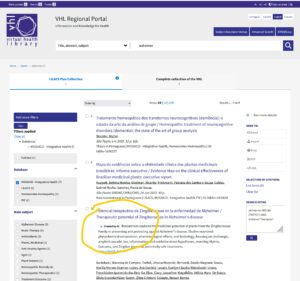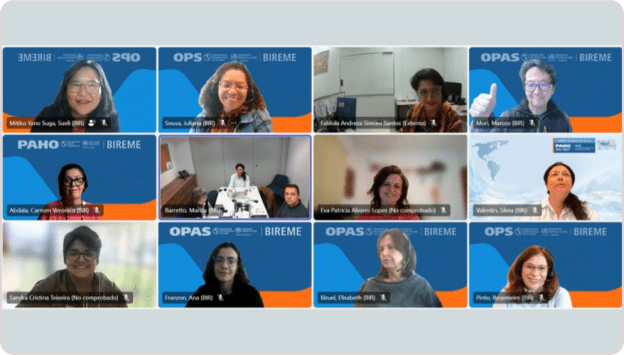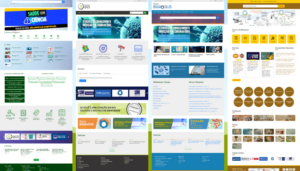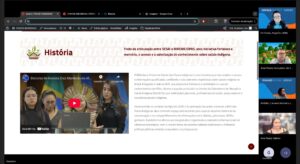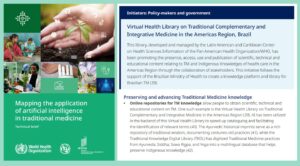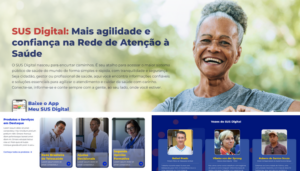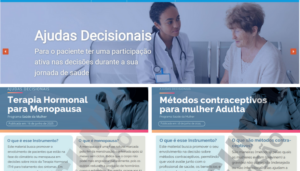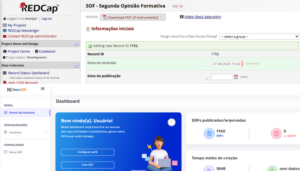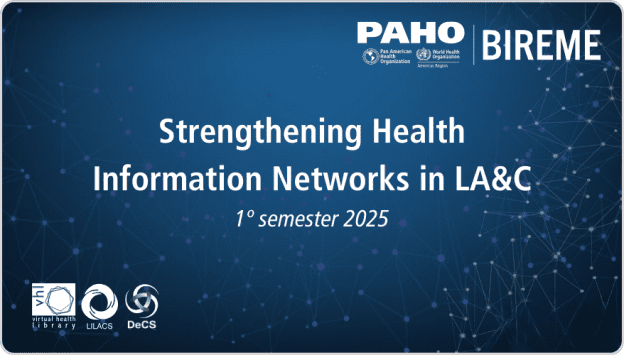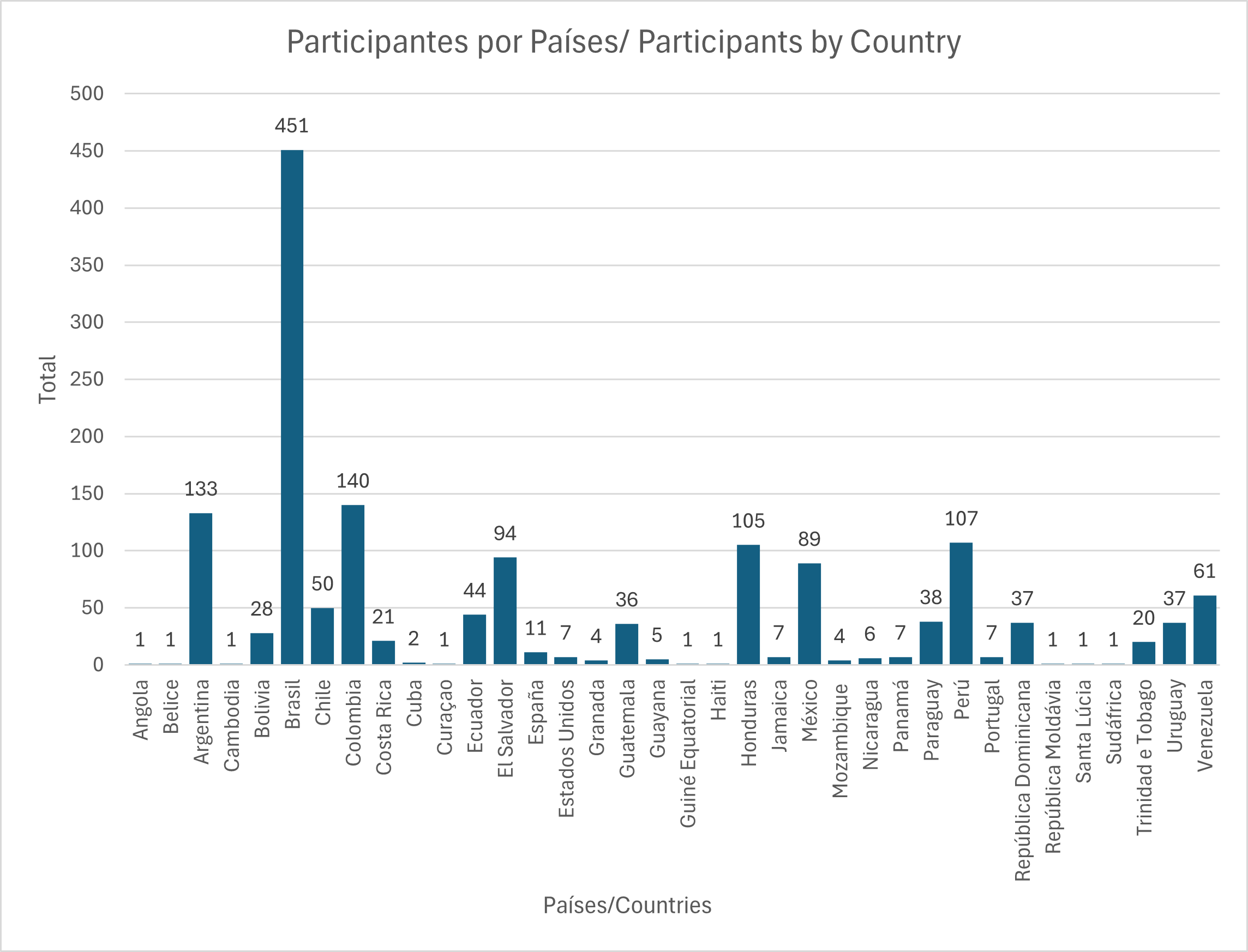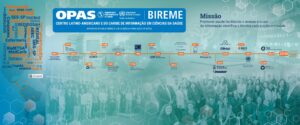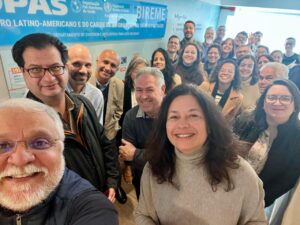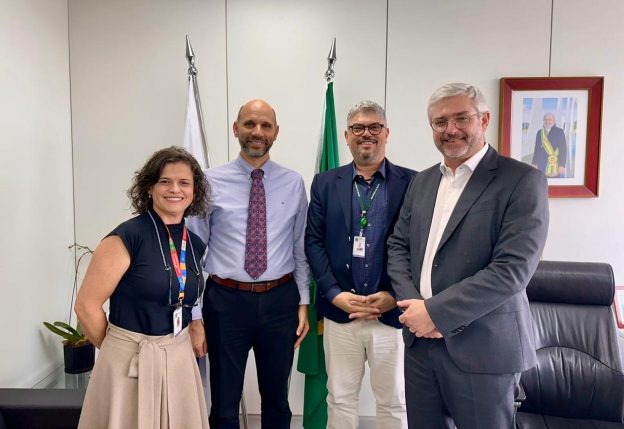
With the aim of maintaining and strengthening the institutional relations of BIREME/PAHO/WHO with Federal Government agencies in the field of scientific and technical information on health, Director João Paulo Souza recently held exchanges, in particular with national counterparts from the Ministry of Health, one of the main institutional supporters of BIREME as PAHO/WHO Specialized Center in Brazil for the Region of Latin America and the Caribbean.
Advancing the procedures for agreements and projects in the final stages of formalization and exploring strategic opportunities for the sustained development of information products and services were also in focus, considering strategic Terms of Cooperation both for the institutional strengthening of BIREME and to meet health information priorities in Brazil.
The Executive Secretary of the Ministry of Health, Adriano Massuda, visited BIREME/PAHO/WHO in São Paulo on September 20. In a dialogue with Director João Paulo and the leadership team, they discussed the current priorities of the Brazil’s Unified Health System (SUS) and possible synergies with the information products and services developed by BIREME, with regional coverage, and opportunities for technical cooperation for digital transformation, telehealth, evidence maps, indicator observatories, and health information networks.
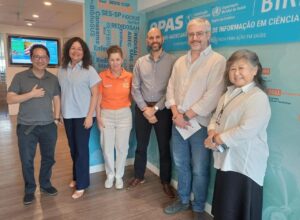
The potential for collaboration with BIREME in initiatives such as the Virtual Health Library (VHL) and in supporting the preservation and continuity of strategic digital content, including experiences accumulated during the pandemic, were recognized by the Executive Secretary. The Director of BIREME highlighted the VHL’s size and impact: “The VHL brings together about 9 million records and reaches more than 50 million annual visits, consolidating itself as one of the main instruments for the dissemination of scientific information on health in the Region.”
On this occasion, João Paulo Souza also reinforced the regional and global components of BIREME’s work: “BIREME’s technical cooperation currently reaches more than 30 countries, with common methodologies for Virtual Libraries, Windows of Knowledge, and evidence maps, which allow for the comparison of health policies and experiences between countries.”
Coming soon, on October 10, the launch of the new Virtual Health Library portal of the Ministry of Health is scheduled, developed by BIREME/PAHO/WHO with the General Coordination of Documentation and Information (CGDI)/ Undersecretariat for Administrative Affairs/Executive Secretariat of the Ministry of Health (CGDI/SAA/SE/MS) in the context of the commemorative activities for the 25th anniversary of the CGDI and the 35th anniversary of SUS. The virtualization of the Ministry of Health tunnel exhibitions will be an initiative to be planned and developed with the su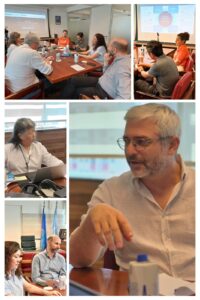 pport of BIREME for the Ministry, with institutional agreements currently underway. In addition, new and innovative projects were discussed on September 17 in Brasilia with João Paulo, Director of BIREME, Adriano Massuda, Executive Secretary, Sinval Alan Silva, SAA Undersecretary, and Eva Patrícia Lopes, CGDI Coordinator of the Ministry of Health.
pport of BIREME for the Ministry, with institutional agreements currently underway. In addition, new and innovative projects were discussed on September 17 in Brasilia with João Paulo, Director of BIREME, Adriano Massuda, Executive Secretary, Sinval Alan Silva, SAA Undersecretary, and Eva Patrícia Lopes, CGDI Coordinator of the Ministry of Health.
Also in Brasilia, on September 16, at the Secretariat of Information and Digital Health (SEIDIGI), which supports a specific cooperation agreement with PAHO/WHO in which BIREME cooperates, João Paulo met with Ana Estela Haddad, Secretary of SEIDIGI, who considered the ongoing developments of the information products “New Second Formative Opinion (SOF)”, “Decision Aids”, and “SUS Digital Platform” to be positive. Institutional strengthening and product scalability were also topics on the agenda.
At the Secretariat for Continuing Education, Youth and Adult Literacy, Diversity, and Inclusion of the Ministry of Education (Secadi/ME), with Secretary Zara Figueiredo, the Director of BIREME discussed the possibility of integrating traditional knowledge and developing new digital information platforms, including as an intersectoral action between health and education. The meeting was held in Brasilia on September 15.
The national counterparts agree that BIREME’s information products and services are strategic resources to support the formulation of public policies, increase efficiency in the implementation of priority actions, and make technical cooperation between the Ministry of Health, PAHO, and BIREME even more effective and strategic in strengthening SUS and access to health information in the Region.


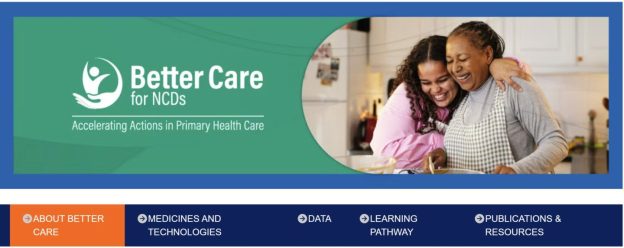

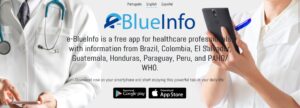 The app provides guides, manuals, clinical protocols, and other essential references for healthcare services, all approved by each country’s Ministry of Health. It includes features that allow users to search for scientific evidence in the VHL using descriptors from the DeCS thesaurus and the International Classification of Diseases (ICD) created by the WHO.
The app provides guides, manuals, clinical protocols, and other essential references for healthcare services, all approved by each country’s Ministry of Health. It includes features that allow users to search for scientific evidence in the VHL using descriptors from the DeCS thesaurus and the International Classification of Diseases (ICD) created by the WHO.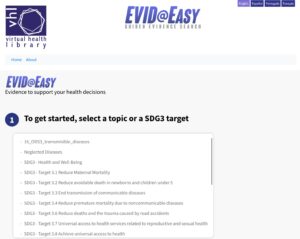
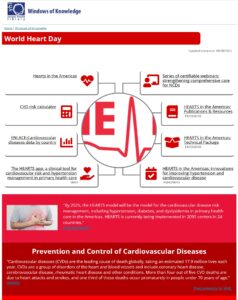 The Window of Knowledge World Heart Day brings together strategic content for the prevention and control of cardiovascular diseases, including data from the HEARTS initiative in the Americas, country indicators, technical publications, risk calculators, and support materials for both health professionals and users of health systems and services.
The Window of Knowledge World Heart Day brings together strategic content for the prevention and control of cardiovascular diseases, including data from the HEARTS initiative in the Americas, country indicators, technical publications, risk calculators, and support materials for both health professionals and users of health systems and services.
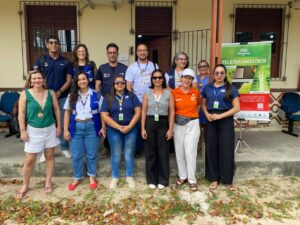 UFPA
UFPA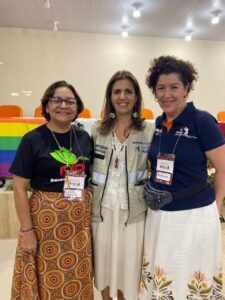
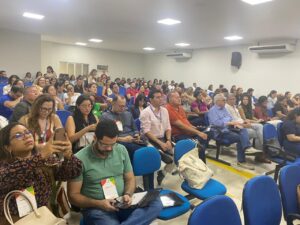 UEPA
UEPA
